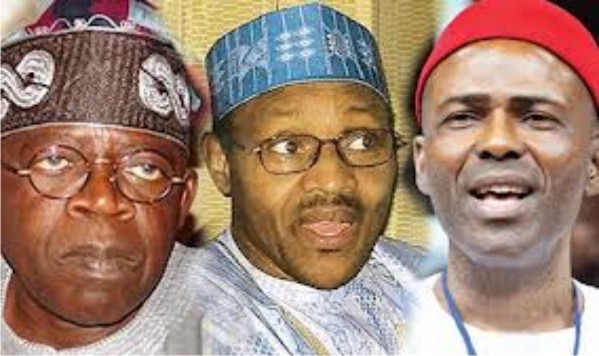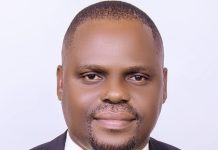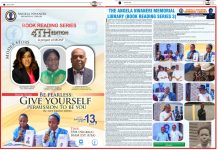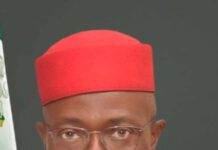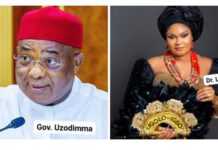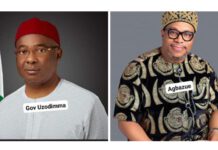By Nnamdi Nwigwe
G.S.M: 08037024609
The protracted efforts by some political parties to merge into a mega political group should have been commendable but for their warped and negative rationalization for doing so.
Arrow-heads of the merger have made no secrets that their driving force to come together was to dislodge the present ruling party, the Peoples Democratic Party, PDP.
And this motive, methinks is retrogressive.
If the PDP implodes today and evaporates, then the merging partners will disentangle and return to their respective strongholds.
It is a measure of our ignorance of the Presidential system we have adopted since 1979 that political parties that are not part of the Federal Government gleefully call themselves “Opposition Parties.”
That is why political parties like ACN, ANPP, Labour Party, CPC and APGA, all of which have states they are controlling, also consider themselves as “opposition parties.”
One hears of opposition parties only in a British-type Parliamentary System where Opposition Members of Parliament, MP’s are officially recognized.
Their leadership forms the shadow cabinet which can take over the government if they manage to defeat the ruling party in a crucial vote in parliament, such as the Budget.
They are on salary and have the responsibility of keeping the government on their toes to ensure good governance.
In the American-type Presidentialism that we are attempting to practice, the closest equivalent to the Opposition to the Presidency is the Congress.
The Congress is like our National Assembly, comprising the House of Representatives and the Senate.
The Congress could be made up of the majority of members of the President’s political party but that does not stop it from fiercely monitoring the activities of the Presidency and calling it to order if it tends to derail or over step its limits.
In fact, the Congress, through the Senate, can impeach the President if he commits an impeachable offence.
It is therefore a contradiction in terms for political parties with Governors calling the shots from their State Capitals to call themselves “opposition parties.”
This diversion is meant to advert our minds to the important issue of political parties fusing to give Nigeria a vibrant and solid vanguard for the realization of true democracy and not necessarily the halfhearted merger efforts of the so-called opposition parties.
Nigeria needs two very strong political parties to make any headway in the advancement of the democracy that we have all embraced.
The world-acclaimed great election of June 12, 1993, was as a result of the two parties that Babangida’s military regime gave the country as a possible panacea to our acrimonious and ethnic politics of yore.
In the NRC and SDP of those days, Nigerians had to choose where to belong to articulate and promote their political ambitions without scheming to find out where their ethnic loyalty lay.
If the parties were three or more, ethnic bigots would attempt to appropriate one party or the other as belonging exclusively to them.
In 1993 Nigerians were so excited and united that even when two moslems, Abiola and Babagina, ran on one ticket for President and
Vice-President, it made no meaning to Christians.
The Abiola whirlwind was so pervasive that the Tofa-Ugo Moslem- Christian combination was overwhelmed.
Pity that the victor of that election was denied the plum but the fact still remains that Nigerian politics would be better off with only two giant political parties.
So when concerned citizens come together to form such parties they should be guided by the higher values of the country and not the blinkered short-sighted merging to defeat a particular political party.
Since all the gladiators vying for higher offices now were adults in 1993, it is regrettable that they went ahead to form a thousand and one political parties when civilian governance returned in 1999.
May it please the good Lord that rumours that more than 10 PDP governors are about to join the All Progressives Congress, APC, turn out to be true.
Their involvement would strengthen the new group and weaken the tin gods within who think that without them nothing goes.
They need to be contained by the entry of more heavy weights who have both the clout and the charisma to neutralize the unbending men of yester years who are now a nuisance and an obstacle to progress.
Mergers will not help the country because they involve complicated horse-trading and compromises that retard progress.
Outright dissolution of the atomistic political groups and formation of a new party will be more like it.
Two major political parties that can counter balance each other and seriously contend with each other are what Nigeria needs to move forward.

